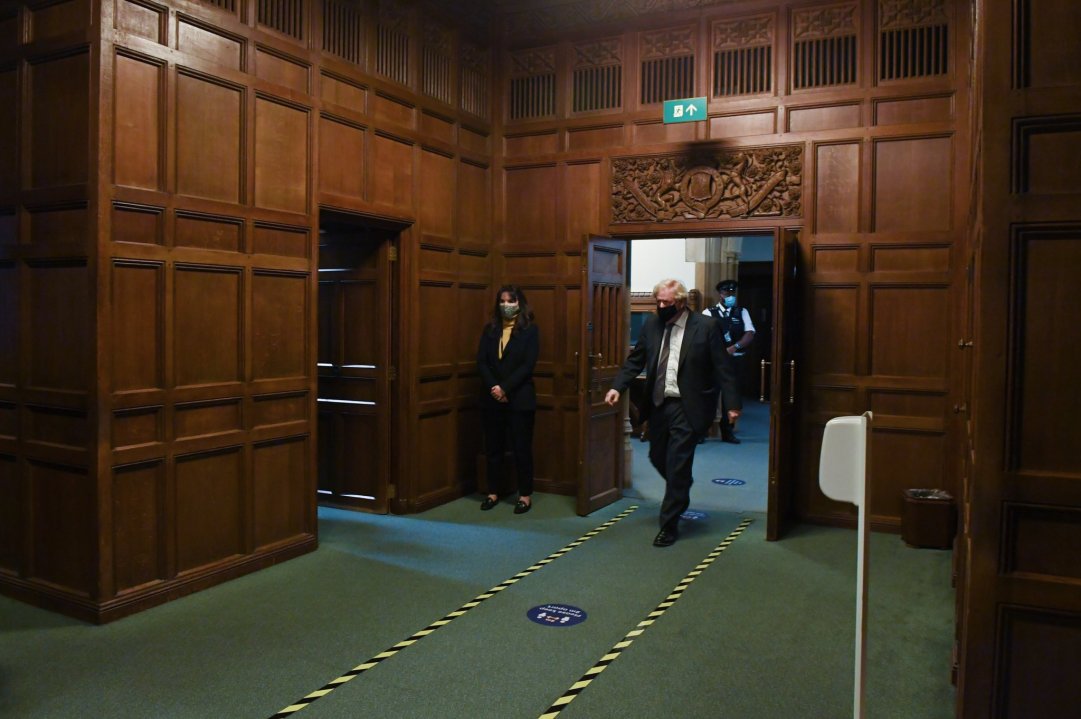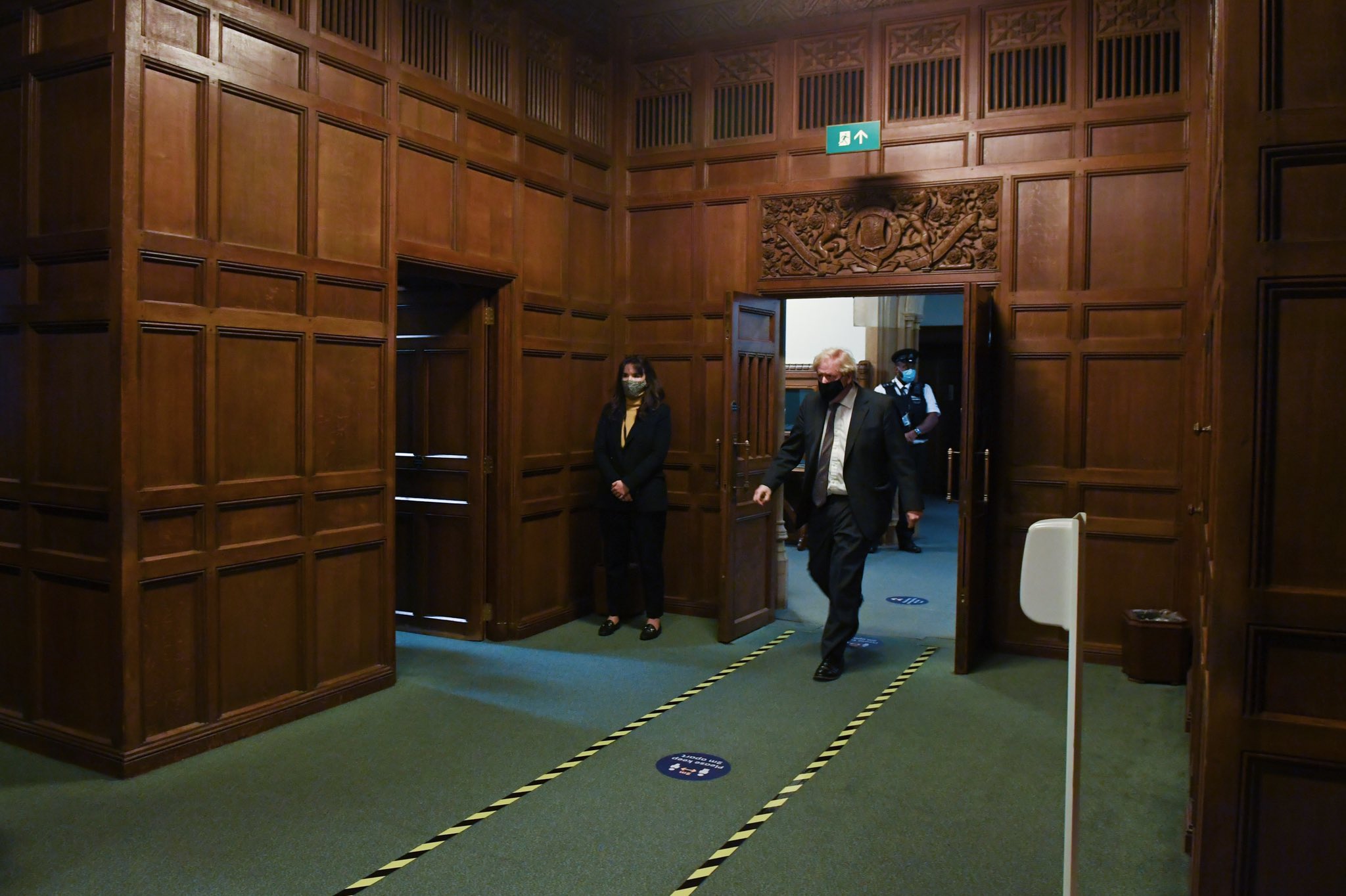Boris Johnson doesn’t have as angry a Conservative party to deal with as he might have expected after announcing his third national lockdown. The Covid Recovery Group of MPs has largely moved on from opposing further restrictions to putting pressure on the government over its vaccine timetable, meaning any revolt on tonight’s vote will be much smaller than the 55 who rebelled against the tiered system in December. But that’s not to say that the Prime Minister can afford to be careless with the way he communicates with MPs, and his statement in the Commons today showed that.
He opened by telling MPs that there was a ‘fundamental difference between the regulations before the House today and the position we have faced at any previous stage: because now we have the vaccines that are the means of our escape’. He wanted to be clear that the lockdown had a clear purpose: to keep people safe until the vaccines had been rolled out. He was also keen to emphasise that while the regulations provide for the restrictions to last until 31 March, this did not mean that there would be a lockdown until this date. He added: ‘The restrictions will be kept under continuous review, with a statutory requirement to review every two weeks and a legal obligation to remove them if they are no longer deemed necessary to limit the transmission of the virus.’
The progress of the vaccine, as with his press conference last night, was a key theme of the Prime Minister’s statement. But he is clearly concerned about the government’s weaknesses in its handling of school closures. The PM announced a list of phone companies that had agreed to offer free data so pupils could access online learning, while also listing the number of laptops and tablets being delivered to schools to help with remote education (which isn’t nearly enough to cover the 1.8 million children who don’t have access to a computer at home). Johnson also promised the Commons that schools will be ‘the very first things to reopen’.
But he was markedly more cautious about when those reopening might happen, merely saying: ‘That moment may come after the February half-term, although we should remain extremely cautious about the timetable ahead.’ The Prime Minister has clearly learned one thing from his clashes with his party over the past few months: they’ve had enough of being told when life will improve.








Comments